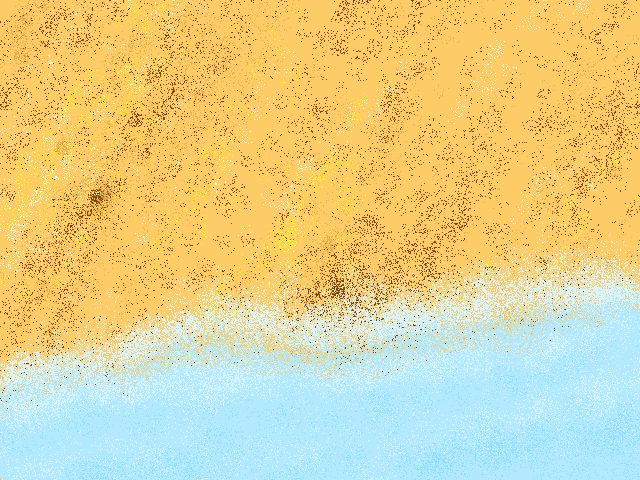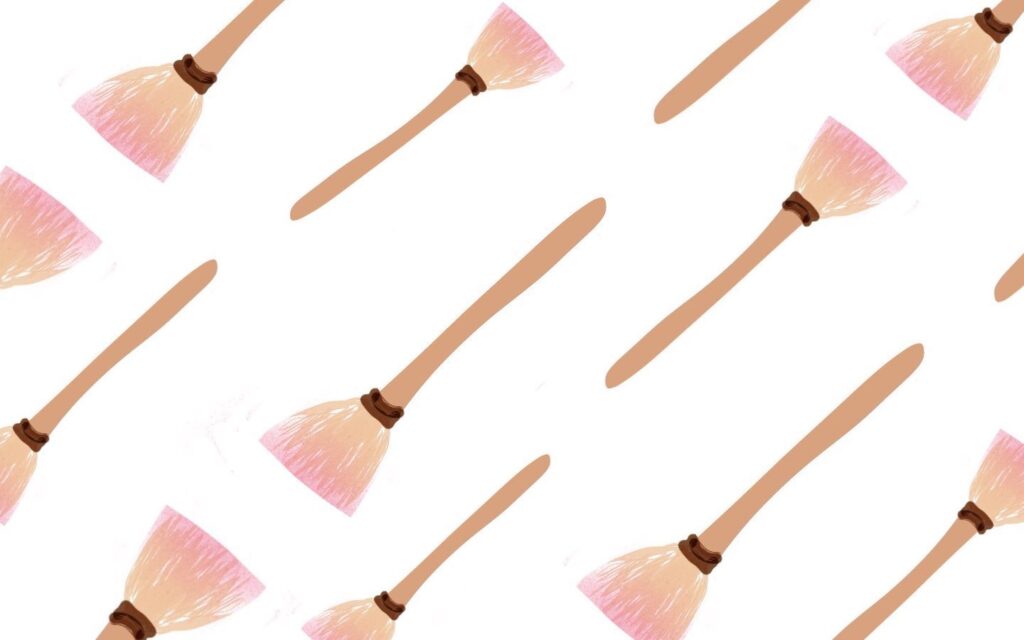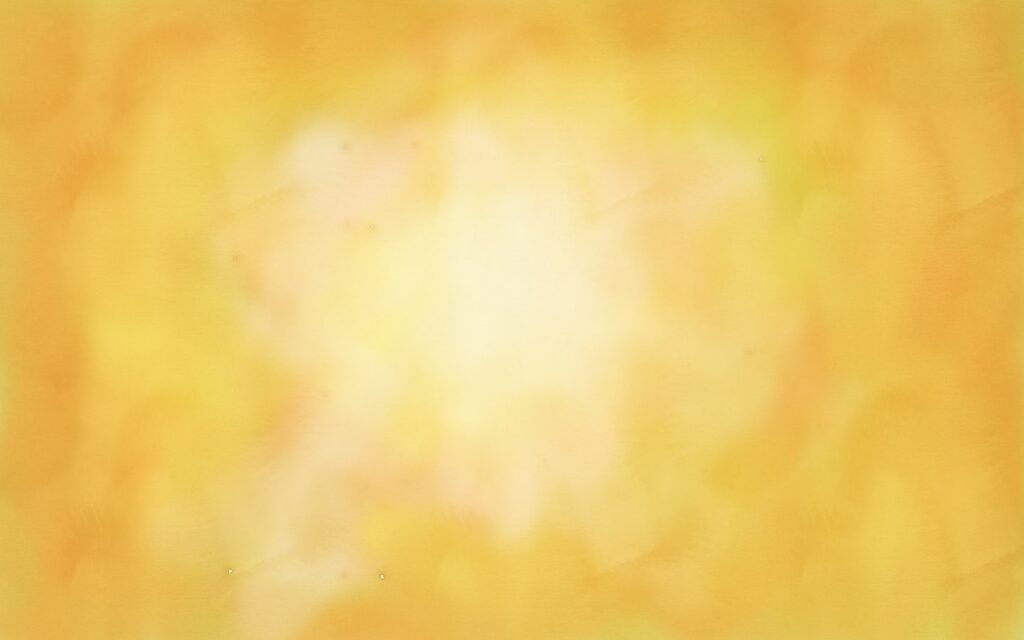How to be a Model

When I was younger, I was not fond of reading. However, I really liked my reading buddy- an older girl at my school. My 2nd grade class had partnered with a 5th grade class, and every week a bunch of 5th graders came to read with their 2nd grade buddies. My buddy was a great reader, and she was always very kind and patient with me when I struggled – and I struggled a lot. I doubt she knew what an impression she had on me, but I wanted to be just like her when I got older. When I reached 5th grade, I happily spent some of my recesses helping younger students read.
We are in the midst of holiday season, and many of us are spending more time with family and friends. This also means that there might be some people looking to you for guidance. What kind of role model do you want to be? If you want be able to role-model a healthy lifestyle, but need some support or guidance, don’t hesitate to reach out to me or another health or fitness specialist.
Thanks for reading. I hope you have a safe and healthy month.








